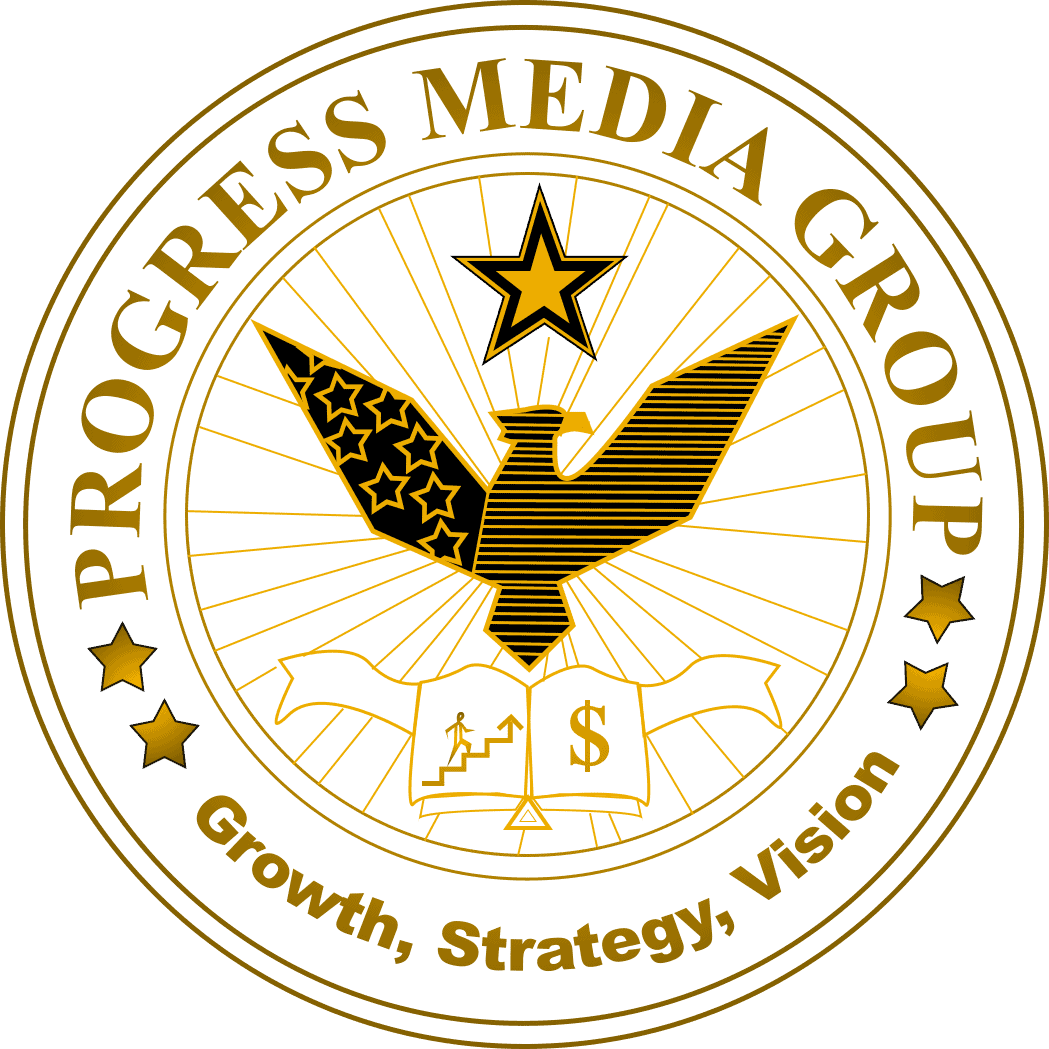When you are using PPC (Pay-Per Click) advertising on Google or any other websites, it’s often helpful for your PPC advertisement to link to a great PPC landing page that is dedicated to your audience converting.
But What is a Landing Page?
Landing pages are web pages that are used to generate leads and increase sales. They’re the page visitor “land on” when a specific ad is clicked. However, the best way to put it is that landing pages are stand alone pages, distinct from your main website, that were developed for a certain marketing/sales/advertising/keyword purpose. There are a few different types of landing pages including: SEO (which we’ll cover in our next blog), Click Through Landing Pages, Lead Generation, and PPC landing pages. Some of these landing pages can work together – for instance SEO and PPC landing pages can use a click through or lead generation style of landing pages.
Click through landing pages are landing pages that are hoping to persuade the visitor to your website to click through to another page. They are often used to describe a specific sale, product, or offer to the point where the visitor is enticed and will click through to another page that will allow them to convert. So instead of the PPC advertisement leading a visitor directly to a shopping cart or registration landing page (which typically leads to poor conversions), the PPC advertisement will go to a click through PPC landing page that gives detailed information on the subject that was being advertised in the PPC advertisement. A good click through page will try to lead the visitor to the destination where the visitor can convert, such as a shopping cart or registration page.
Lead generation landing pages are used to capture data and information on the visitors that come to the landing page. These are typically form pages that often lead to email marketing amongst other things.
PPC LANDING PAGES
Now that the typical landing pages have been discussed, we’ll dive into PPC landing pages. PPC landing pages are the pages you land on when you click on a PPC advertisement on Google or another website, like we mentioned above. However, how often has it happened that you clicked on a PPC advertisement and the landing page was completely irrelevant to what both the advertisement was and what you were searching for? This, unfortunately, happens all the time with PPC landing pages and advertisements. Marketers forget, while creating the PPC advertisements, that visitors are searching for a particular something when they click on an advertisement. They’re a lioness on a metaphorical hunt through the jungle of the Internet, searching for their exact ‘something’.
Don’t anger the hunting consumer. Make sure your PPC advertisement matches your PPC landing page. Your PPC landing page should be optimized to make sure that it entices people to convert/take an action on the page. Just make sure to give people on the PPC landing page what was promised on the advertisement. If your advertisement says “Half-Price Car Rentals *select cars only*” and then takes your visitors to all the rental cars, even the ones that don’t fall under the sale price, they’ll leave the page and have a very poor view of your company. But if the landing page leads them to a page with more information about the sale including what cars are included in the sale, they’ll be more interested in the deal. Not only that but they’ll be more likely to consider your company a trustworthy investment.
If your landing page has the relevant information that you promised on the advertisement, you’ll get a higher Quality Score with Google Adwords helping you manage the cost and effectiveness of your Google paid search campaign.
Now on the actual PPC landing page, you’ll need to make sure you have effective Call to Action buttons that allow visitors to convert. That last click of a Call to Action button should seal the deal between your website and the visitor. Don’t use vague words, make sure the copy is brief and specific. Tell the visitors exactly what they will receive by clicking on the Call to Action button. It also helps to remove distractions or possible exit points from the landing page. Your landing page should be dedicate to one action you want the consumer to make. If you have a sidebar of enticing offers and a navigation menu full of taunting information it is likely that the consumer will click one of these and never find their way back to the original offer.
Landing pages provide opportunities to boost the credibility of a website and company. Keeping the “rules” we mentioned earlier in mind, it would be great if you added social sharing buttons, as well as a short testimonial or two onto any PPC landing pages you create. Also make sure your PPC landing page loads quickly. The longer it takes (anything over a few seconds is too long) the more likely the visitor will close the window and leave, ignoring your Call to Action causing your conversion rate to descend quickly into the depths.
Next time on the digiTech blog, we’ll continue our discussion of landing pages, specifically explaining how to optimize landing pages using SEO, as well as the general SEO landing page. If you’re interesting in having us develop a high-quality website with conversation centered landing pages, contact us today!


